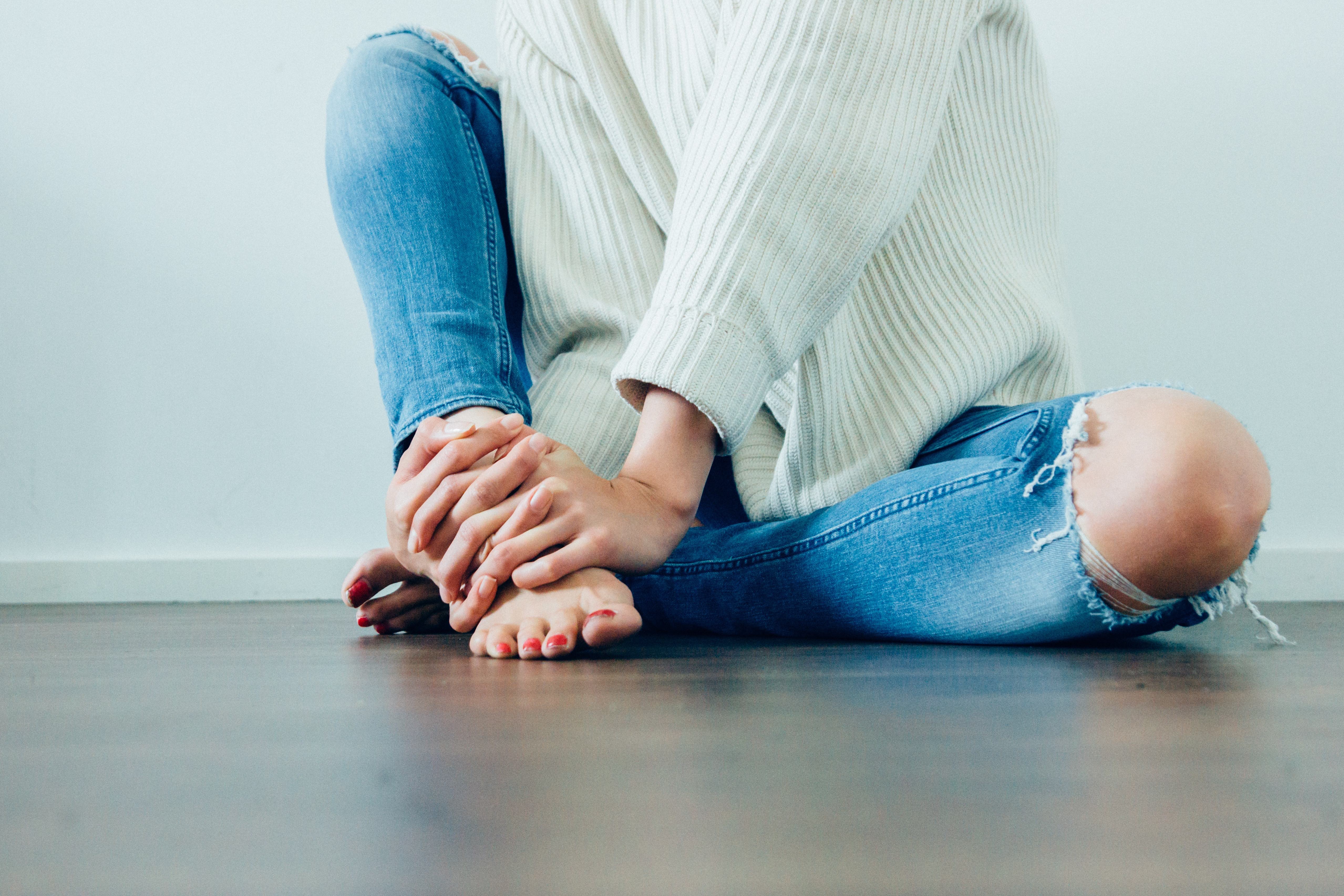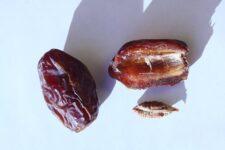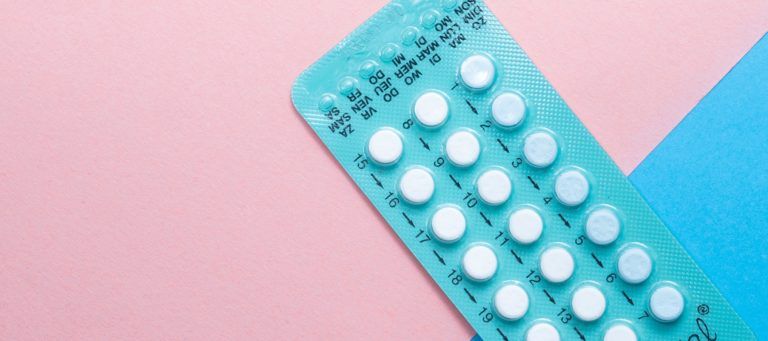Endometriosis is one of the leading causes of pelvic pain we see here at the Yinova Center. It can seriously affect one’s ability to conceive and can also cause uncomfortable, heavy, or irregular periods. Sometimes there are no symptoms associated with endometriosis and it is only discovered when someone is seeking treatment for infertility.
What is endometriosis?
Endometriosis is a condition where the tissue that normally lines the uterus (the endometrium) grows outside the uterus and sticks to various pelvic organs such as the ovaries, bowel, rectum, bladder, and delicate tissue lining the pelvis. Occasionally, but rarely, this tissue can stray even further and can be found outside the pelvic region in other areas of the body.
This misplaced endometrial tissue behaves just like the uterine lining itself in that it responds to the interplay of hormones during the menstrual cycle. Consequently tissue and blood slough off the endometriosis during the period, just as the uterine lining sloughs off every month. The difference is that the tissue in the pelvic cavity has no means of being discharged, so over time it builds up and can form masses and lesions which can affect organ function. The cyst-like masses are called pseudocysts, and usually appear dark blue to brown, the latter being called “chocolate cysts”.
What are the symptoms of endometriosis?
The primary symptom of endometriosis is pelvic pain often worse during the period. Pain during or after sex is also common, as is pain associated with a bowel movement or urination. Other common symptoms are heavy bleeding during the period or uterine bleeding between periods. Occasionally endometriosis can also cause nausea, bowel movement changes, and fatigue. It’s worth pointing out that the severity of the symptoms does not reflect the severity of the endometriosis itself. In my career, I’ve seen patients with very mild endometriosis who have debilitating symptoms and some with very severe endometriosis who have no symptoms whatsoever.
What causes endometriosis?
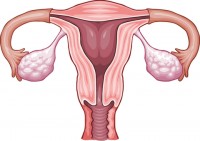 The cause of endometriosis is unknown, but there are a number of theories. The most likely explanation is that there is a backflow of menstrual blood during the period and endometrial cells travel through the fallopian tubes and into the abdominal cavity. However, some researchers have suggested that bits of the endometrium are already in the abdominal cavity at birth or that the cells lining the abdominal and pelvic cavities are descended from embryonic cells and have the potential to specialize and become endometrial cells. However, no one knows why these cells would suddenly change and fulfill this potential.
The cause of endometriosis is unknown, but there are a number of theories. The most likely explanation is that there is a backflow of menstrual blood during the period and endometrial cells travel through the fallopian tubes and into the abdominal cavity. However, some researchers have suggested that bits of the endometrium are already in the abdominal cavity at birth or that the cells lining the abdominal and pelvic cavities are descended from embryonic cells and have the potential to specialize and become endometrial cells. However, no one knows why these cells would suddenly change and fulfill this potential.
We do know that endometriosis has a genetic link because women with a mother or sister who suffer from endometriosis are 6 times more likely to have the condition themselves. It’s also more common in women who have never given birth or became pregnant for the first time later in life.
How is endometriosis diagnosed?
If your doctor suspects you have endometriosis they may do a pelvic exam and order an ultrasound but the only way they can be absolutely sure is to do a minor surgical procedure called laparoscopy. That way they can look for endometrial implants and may even be able to remove some during the surgery.
How does conventional medicine treat endometriosis?
Conventional treatment for this condition varies depending on the severity of your symptoms, the location of the endometriosis, and whether you are trying to get pregnant. Treatment options include medications to relieve pain and inflammation, hormonal therapies to stop the endometriosis from getting worse, surgery, and as a last resort hysterectomy.
Can Chinese medicine treat endometriosis?
Yes and no!
Yes…Chinese medicine is a great help when it comes to relieving the uncomfortable symptoms associated with endometriosis.
Yes…Chinese medicine can help limit the proliferation of endometriosis.
No…Chinese medicine does not make current endometriosis disappear (although it may be able to reduce it).
At the Yinova Center, we often see fertility patients for whom the endometriosis is getting in the way of a successful conception and a healthy pregnancy. We advise these patients to follow their MD’s advice and if their doctor deems laparoscopic surgery necessary we support them through this process. Then we use Chinese medicine to help with recovery and to slow the rate the endometriosis returns.
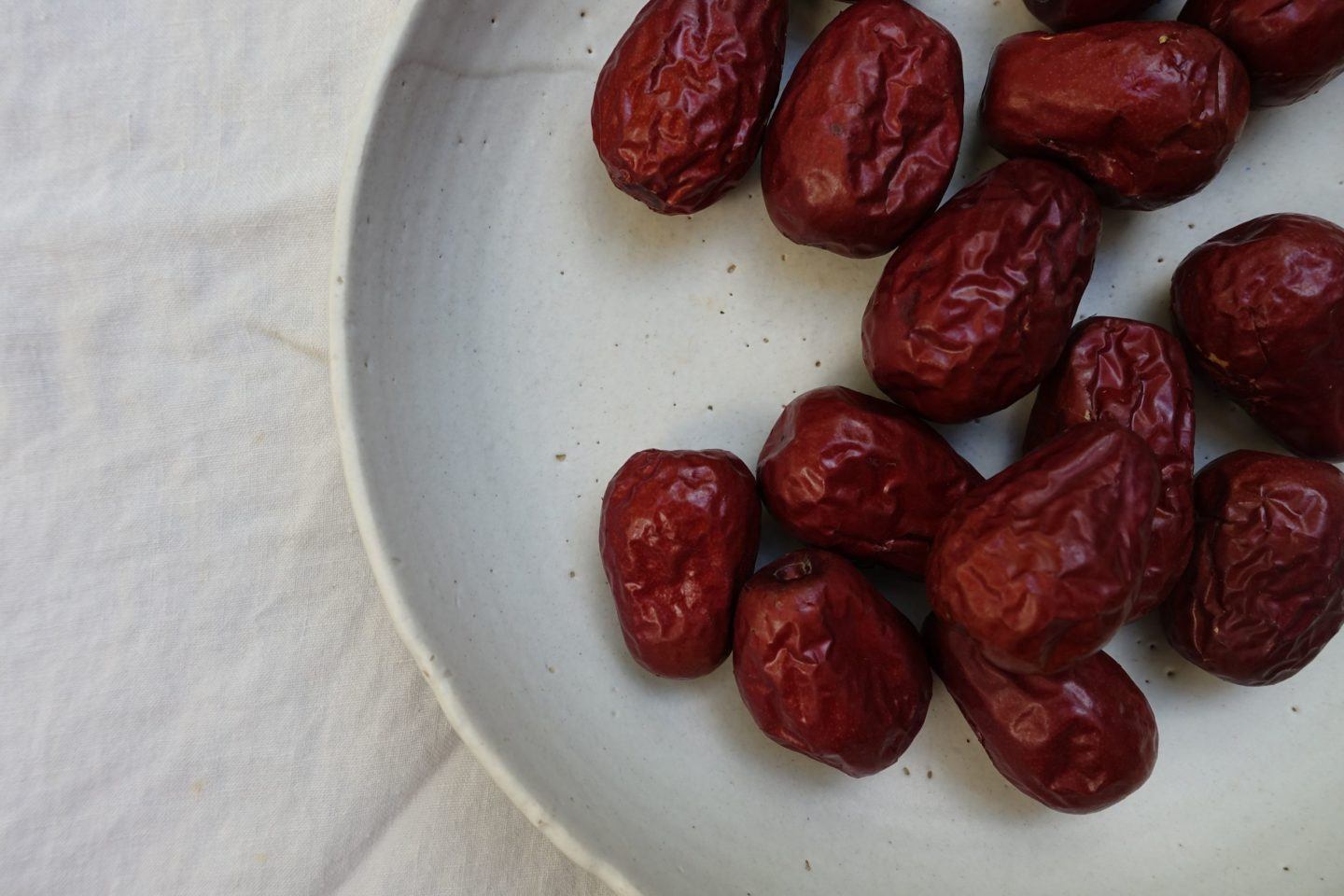
It’s often effective to combine Chinese medicine with conventional medical treatment. In Chinese medicine, endometriosis is seen as blood stagnation however to treat it properly a good practitioner will also diagnose and treat the root cause of the blood stagnation. The most common patterns we see in our clinic are :
- Qi stagnation with blood stagnation
- Yang deficiency with blood stagnation
- Qi sinking with blood stagnation
There are other, rarer Chinese medical diagnoses associated with endometriosis so it’s always a good idea to meet with a practitioner who specializes in OB/GYN to get a full explanation of your particular case. At the Yinova Center, we’re always happy to explain how your particular pattern works, how we came to our diagnosis, and what our treatment strategies are designed to achieve.
In 1980 researchers at the Hospital of Obstetrics and Gynecology of the Shanghai First Medical College conducted a clinical trial using Chinese herbs to treat endometriosis. 156 endometriosis sufferers were divided into three groups based on the diagnoses above and then given a herbal formula that addressed blood stagnation as well as their underlying condition. According to the report, 82% of the women* saw their symptoms mostly or entirely alleviated, while 18% of the women* had either no effect or any beneficial effect was very short term and was lost when the herbs were discontinued.
To me what this research means is that Chinese herbs are effective in the treatment of endometriosis but only if a full diagnosis is made and if treatment is specifically tailored to fit the patient’s individual pattern.
How does acupuncture treat endometriosis?
According to current research, acupuncture seems to promote blood circulation and regulate hormones. It also seems to have an anti-inflammatory effect and is effective for pain relief because of its effect on blood chemistry and in particular endorphin levels.
In December 2002, The Journal of Traditional Chinese Medicine published a study of 67 women* diagnosed who were suffering from dysmenorrhea due to endometriosis. Half of this group received ear acupuncture whilst the other half did not have treatment. In the acupuncture group 81% of the women* had less painful periods after receiving the acupuncture treatments.
At the Yinova Center, we use a combination of ear points and systemic body points aimed at improving blood circulation, clearing inflammation, relieving pain, and treating the patient’s underlying condition.
Which Chinese herbs treat endometriosis?
As the study from Shanghai showed herbs are most helpful when they are part of a formula specifically designed by a skilled and trained herbalist to treat a patient’s individual pattern. However, some of the herbs most commonly used at our center to treat endometriosis are as follows:-
Stop excessive bleeding
- Pu huang – bulrush
- San qi – pseudoginseng
Reduce pain
- Yan hu suo – corydalis
- Tao ren – persica
- Mo yao – myrrh
Reduce masses
- E zhu – zedoaria
- Zao ci – gleditsea spine
- Mu li – oyster shell
- Xia ku cao – prunella
Moves qi
- Chai hu – bupleurum
- Xiang fu – cyperus
- Chi shao – red peony
Improves blood circulation
- Chuan xiong – cnidium
- Dang gui – Tang kuei
- Dan shen – salvia
Warms
- Gui zhi – cinnamon
- Gan jiang – ginger
- Xu duan – Dipsaci
Relieves Inflammation
- Mu dan pi – moutan
- Zhi zi – gardenia
- Gui ban – turtle shell
How can I help myself?
- Regular acupuncture can improve blood flow, reduce inflammation, and decrease pain.
- Chinese herbs prescribed by a board-certified herbalist have been shown in clinical trials to reduce the pain associated with endometriosis and may also prevent further proliferation of the tissue.
- A warm castor oil pack on the lower abdomen brings relief for many of our patients.
- Although we know that the backflow of menstrual blood may not be the whole cause of endometriosis, at the Yinova Center we still feel it’s important to avoid the counter flow of menstrual blood wherever possible. To that end, we advise our patients not to do yoga inversions during their period.
- Regular exercise promotes blood flow and in our clinic, we have noticed that our endometriosis patients who exercise frequently respond better to treatment and show marked symptomatic improvement.
- As endometrial tissue is affected by estrogen it is helpful to avoid a condition called “estrogen dominance”. The liver is responsible for metabolizing excess estrogen and so supporting good liver function is an important part of a holistic strategy to treat endometriosis. Because of this, we advise our Yinova patients with endometriosis to limit their alcohol consumption and avoid caffeine. You may also want to discuss with your practitioner ways of using liver-supporting herbs such as dandelion, milk thistle, and burdock root as part of your herbal regimen.
- Many people find that adopting a low-fat, high-fiber, mostly plant-based diet helps relieve some of the symptoms associated with endometriosis.
* Language used in the studies referenced.
